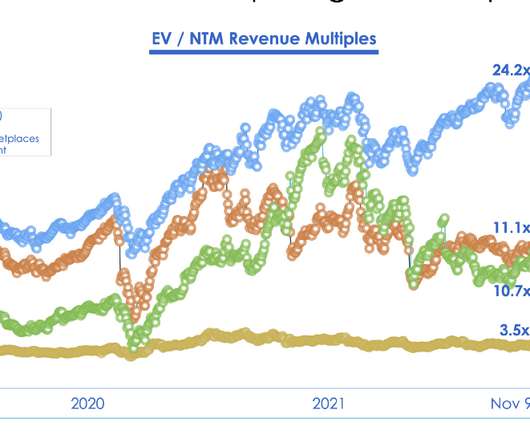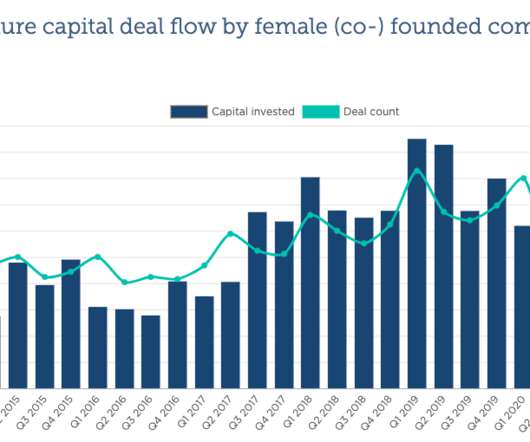How to Be a VC: Being Open
This is going to be BIG.
JUNE 26, 2012
I always get asked how to get into VC and so I think a lot about what it takes to do the job well. In venture capital, you say "no" a lot. Practicing the word no as many times as a VC does means you have to fight not to have your mind close on you. For some, VC is about the picking rather than the fostering and growing.










































Let's personalize your content